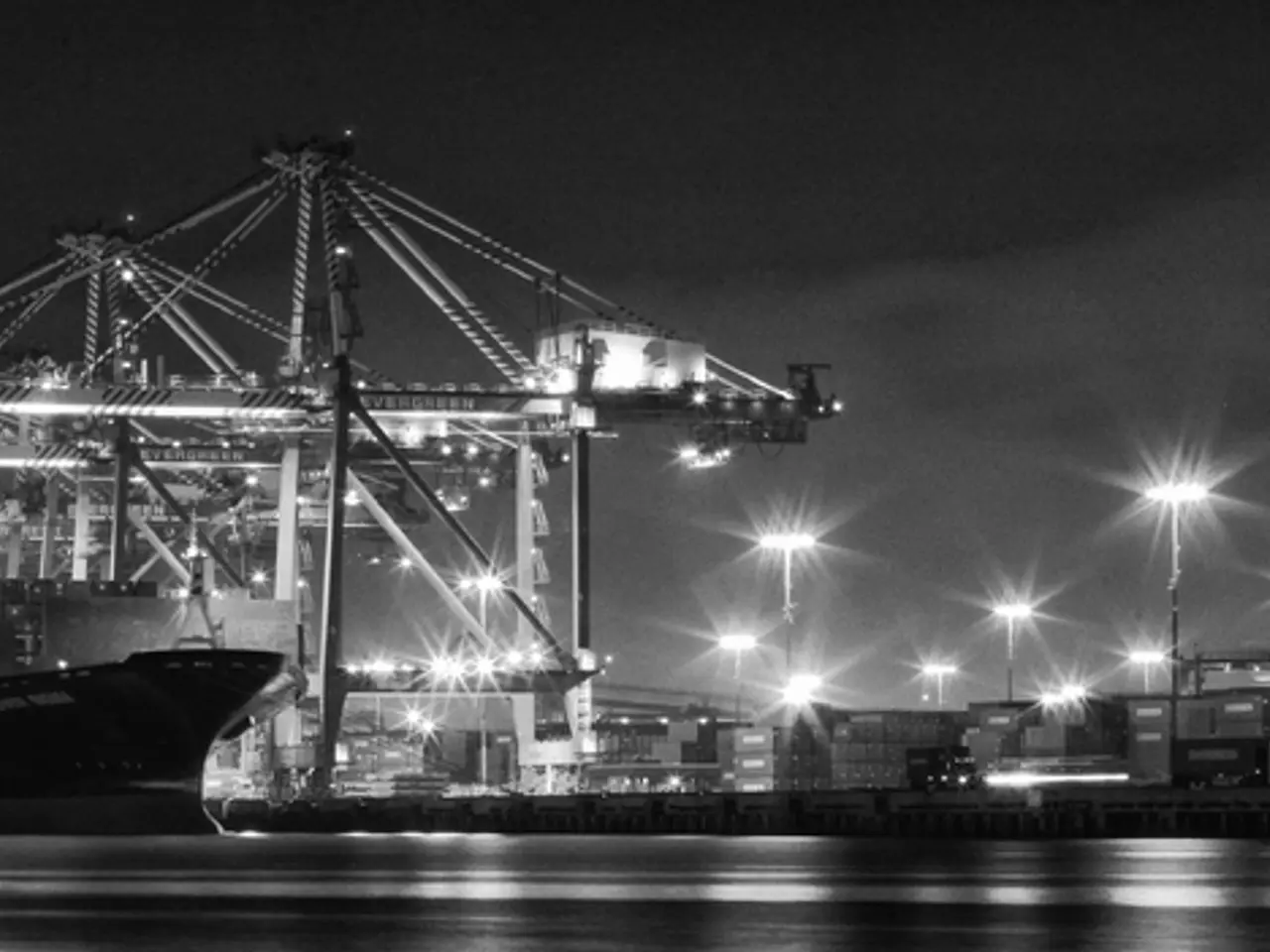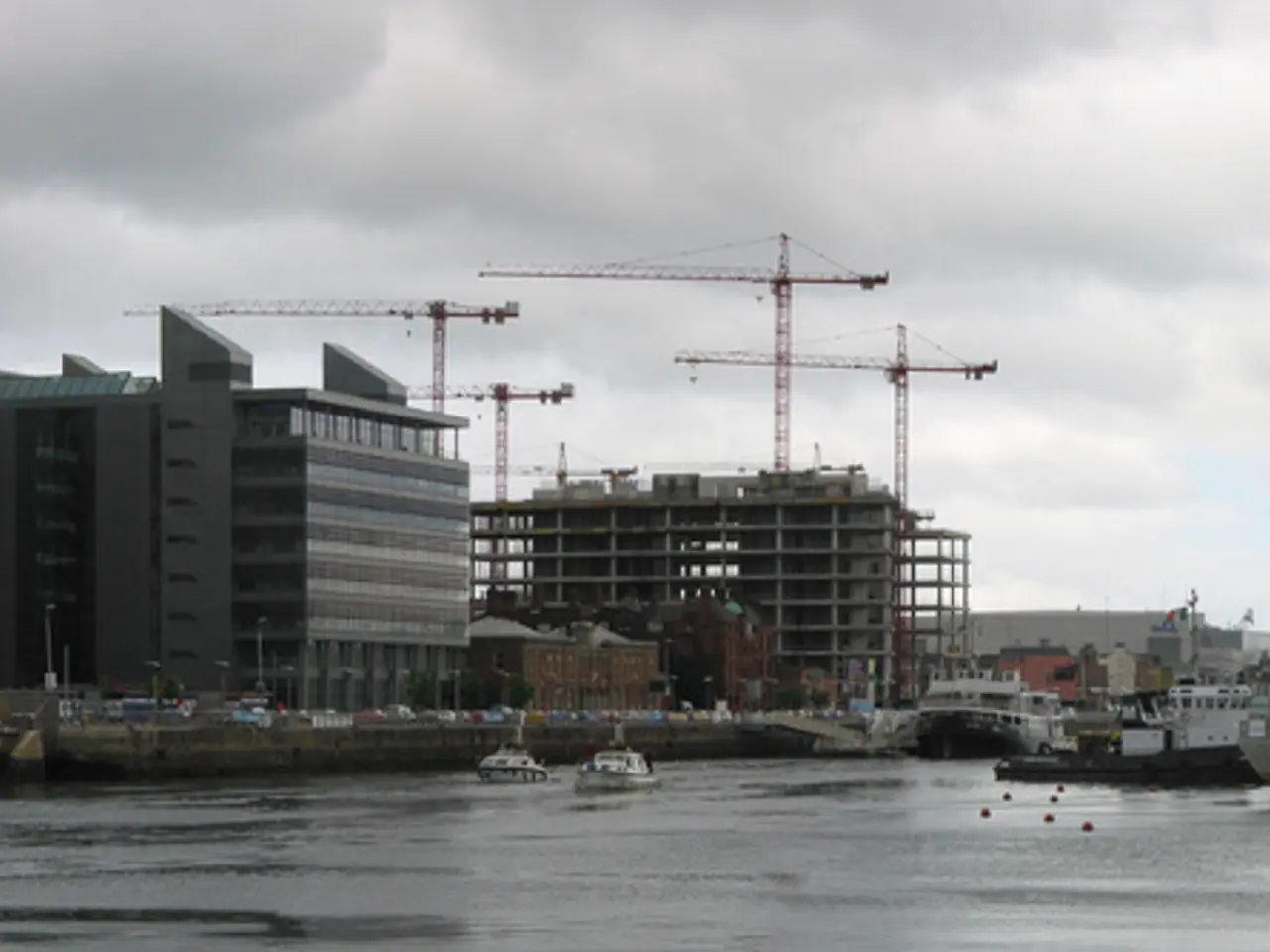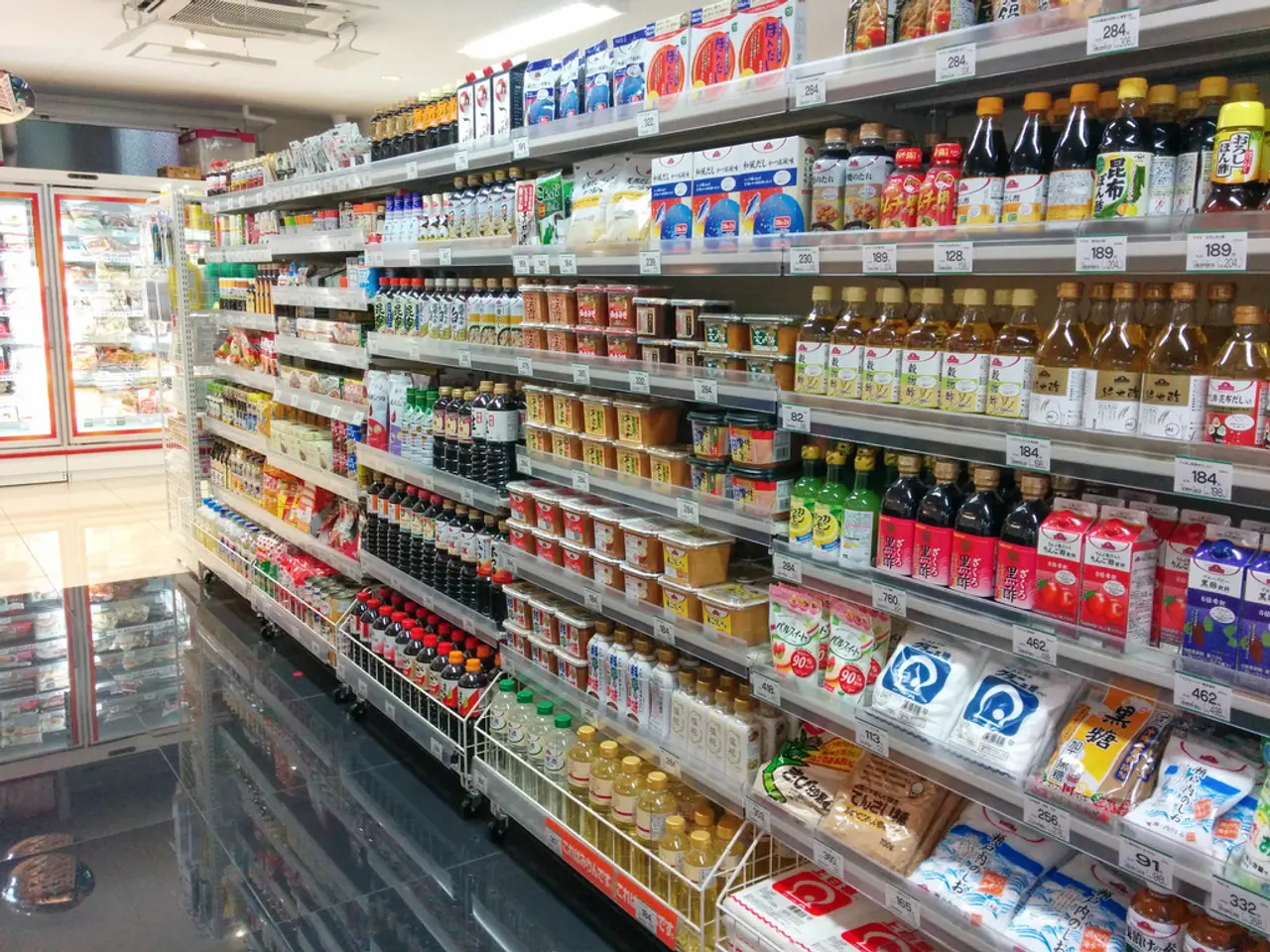Merz's Statement: Push for every measure to maintain the steel industry's existence - Steel Preservation Imperative: Pursue Every Measure for the Steel Sector
In a series of recent state visits, Federal Chancellor Friedrich Merz (CDU) has reaffirmed his commitment to preserving and transitioning the German steel industry to a more sustainable, green future.
During his inaugural visit to the Saarland, Merz emphasised the importance of maintaining steel production in Germany, considering it a strategic interest for the country. He also mentioned that he will be intensifying talks with state governments in the coming weeks, as part of his plan to visit all 16 state capitals.
The steel industry's transformation is a key priority for the current German government. The strategy focuses on supporting the shift from coal-based steelmaking to hydrogen-based, low-carbon steel production, backed by substantial state subsidies and policy initiatives.
One of the central elements of this strategy is the subsidising of hydrogen-based steelmaking, with the government pledging around €1.3 billion ($1.5 billion) to facilitate the transition towards hydrogen-based steel production. The aim is to replace coal with green hydrogen derived from renewable energy, significantly cutting the steel sector's CO2 emissions, which currently represent about 7% of Germany's total emissions.
Germany has also committed to being carbon neutral by 2045, which requires the steel industry to drastically reduce its greenhouse gas output. The sector must reduce emissions by millions of metric tons annually, about 30% of all industrial CO2 emissions.
Promoting next-generation steel technologies is another crucial aspect of the strategy. Investment in direct reduction iron (DRI) using hydrogen (H-DRI) is central to decarbonising steelmaking. Public funding aims to support new, cleaner steel production technologies, including replacing conventional blast furnaces with direct reduction plants, as in Salzgitter’s plan to become emission-free at its main site by 2027.
Beyond technology, Germany advocates for protective measures against global overcapacity and unfair imports, pushing for a strong EU-level foreign trade defense as part of the European Steel and Metals Action Plan (ESMAP). This seeks to maintain competitiveness and safeguard domestic steel jobs amid global market pressures.
However, there are challenges and setbacks. For instance, ArcelorMittal recently halted plans to transition its German steel plants to hydrogen-based production despite government subsidies, raising concerns about the feasibility and sector-wide commitment to the transition.
Saarland's Minister President Anke Rehlinger (SPD) has demanded a commitment from the federal government regarding the steel industry. She emphasised the need for quick clarity for the transition to green steel production, including framework conditions, energy prices, and hydrogen infrastructure development.
During his visit to the Saarland, Merz also visited the UNESCO World Heritage Site Voelklinger Huette and the Helmholtz Center for Information Security (Cispa). He received a reception by Rehlinger at the state chancellery.
In summary, the German government is pursuing a combination of financial support, technological innovation, industrial policy, and climate targets to maintain the steel industry's relevance while steering it towards a green steel industry with hydrogen and renewable energy as key enablers. This strategy is ongoing and faces real-world implementation challenges but is backed by broad coalitional support and policy frameworks.
- Federal Chancellor Friedrich Merz has stressed the importance of industry policy, prioritizing the transformation of the German steel industry to hydrogen-based, low-carbon production, and he plans to engage in extensive talks with state governments to support this shift.
- In an effort to ensure the steel industry's competitiveness, Germany is advocating for policy initiatives in finance and energy, with a focus on protective measures against global overcapacity and unfair imports at the EU level.
- The transition of the steel industry to a more sustainable future is not without challenges, as seen in ArcelorMittal's halted plans to transition its German steel plants to hydrogen-based production, raising concerns about the sector-wide commitment and feasibility of the transition.




